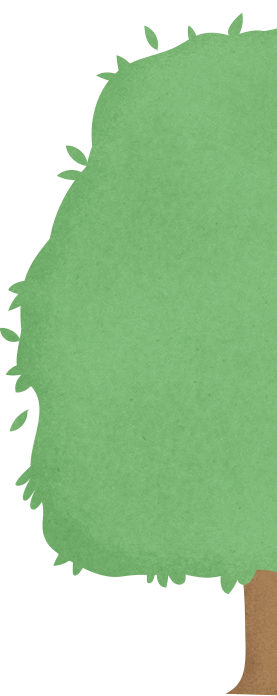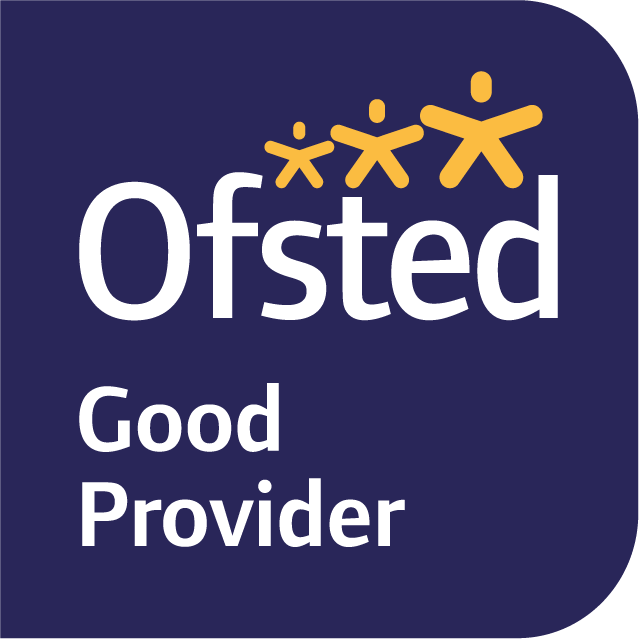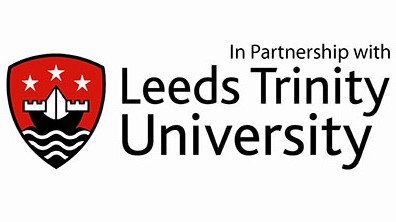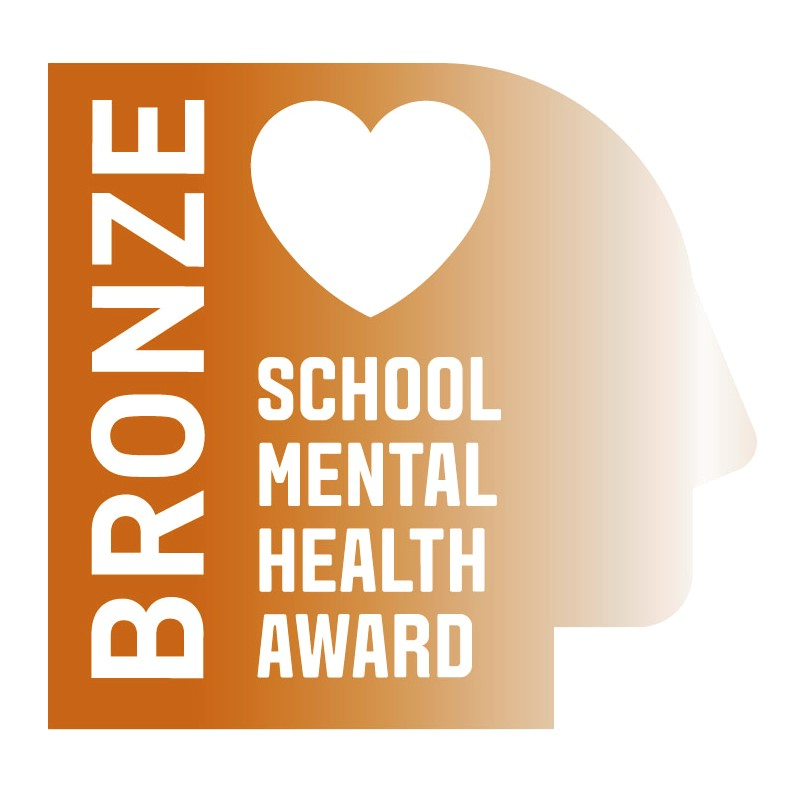
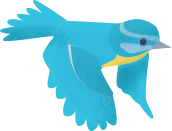


ECOlearning

We began our ECOschools adventure in Autumn 2013 and by September 2017 we had achieved not one but two GREEN FLAG awards! We are proud to continue enjoying and valuing the ECOlearning we have established at Moorlands, although at present we are taking a break from pursuing further awards. Every year group has ECOlearning opportunities within their curriculum, embedded in topics driven by a variety of subject areas. You can read on our website about our super Forest School provision, and our "Meteors ECOteam" (which has run as an after school club for many years) evolved during 2022 into "Grow Wild", an after school club for children who love being outdoors and learning about our environment.
"Grow Wild" meet every Thursday after school. Children from Year 1 to Year 6 join our enthusiastic ECOgrownups, Mrs Swift and Miss Smith, and with occasional involvement from Mr O'Sullivan (our ECOGovernor), Mr Womersley (our caretaker) and others, the children decide each term what they want to achieve, and we then work towards those priorities over the coming weeks. We are supported by class ECOmonitors, who help their teachers remember to recycle, and keep on top of litter, wastage and energy use.
During early Summer 2022 we decided to create a brand new Jubilee Garden, which you can read about from one of the tabs to the left.
Sharing what we do
We have a permanent ECOdisplay board on our ground floor, as well as occasional topic displays in the hall, where we communicate our projects with the rest of school and visitors, offering opportunities to reflect, respond and influence ECOtopics that affect us and the wider world. We also keep our families up-to-date via our website and occasional newsletter pieces. We sometimes share and learn from other schools at events including attendance at a regional ECOconference and competing at a horticultural show. We are sometimes contacted by schools wanting to know more about our ECOwork and are happy to share ideas and support others when we can!
In December 2017 we began a partnership with Escola Bosque, a school in Sao Paulo, Brazil, and we are gradually developing links between the two schools' ECOteams and also between various classes to compare projects and learn about eachothers' worlds. Unfortunately since the Covid Pandemic of 2020-21 our links have been interrupted as Brazil has had continuing disruption to their schooling.
What do we do, and what difference does it make?
Energy
Each year we hold an Energy project in school, where pupils are encouraged to think about how we use energy and the implications of wasting it.
How have we made a difference?
2021/22- Mrs Dean in the office has told us about our energy bills getting very high. In assemblies we shared ideas to help save money.
2020/21- the Covid Pandemic meant that our learning was different. Sometimes we did home-learning and we were often not allowed to share resources and touch things at school as we would normally do.
2019/20- problems with our boiler made it tricky for us to collect data. Class ECOmonitors told us their classes were getting better at remembering to turn off unneeded things.
2018/19- Meteors started building a graph on our bottom corridor ECOboard to show daily energy use (08:30 to 15:30) on days chosen both at random and when something specific happened (eg 'Dark Day', extreme weather etc). Our average monthly energy consumption this year was lower than last year.
2016- Our school got a new boiler. Meteors worked closely with our caretaker and bursar to monitor and suggest changes to our heating times and temperatures. This led to reduced energy use and lower energy costs over the next 2 years.
2015- Meteors gathered data to show that school was often hotter than it needed to be. Result: our heating was allowed to be turned down by 1 degree, making a difference to bills and reducing the need for lots of open windows!
Waste
In addition to monitoring and reporting on waste in our day to day school life, we also hold an annual focus on Waste, where we raise awareness of one or more aspects of our lives where waste needs a bit more thought.
How have we made a difference?
2022- for next September we are trialling a new menu with a 3-week cycle and several choices each day. The kitchen liaise with School Council to try new menu choices and encourage less waste.
2019/20- Our wristband system was tightened, meaning everybody gets the dinner they have ordered, with no waste. Our Y6 children act as monitors to try and reduce the amount of uneaten food thrown away.
2018/19- A new menu system was introduced. We now always have 4 choices each day (one meaty, one veggie plus either jacket potato or pasta, each coming with a choice of 2 toppings). We also have a salad bar including bread, and usually a choice of at least 4 puddings (hot, fruit, buns, yoghurts, cheese & biscuits etc). Our kitchen team weighed the wasted food for us over several months. We were very disappointed to find some very heavy days early on, but discovered this was because jacket potato children often had too much. Meteors made posters and stayed around in the dining hall to tell children they could ask for a smaller portion of some things, then the waste was much less. We displayed graphs to show how we were reducing wasted food.
2017- we held our first ever "Rubbish Fashion Show", with outfits made by each year group to highlight waste packaging. This formed part of Science week and was very popular! Also in Waste Week 2017 we saw a significant reduction in the amount of food wasted at lunchtimes, as Meteors gave out merits and stickers in exchange for empty plates and dishes!!
2016- our wrist band system of choosing dinners started. There were always 2 and mostly 3 choices of lunch (always brown bands for meat + green for veggie and often blue for fish based). Meteors weighed the wasted food occasionally through the year, having sticker weeks where we gave out stickers or merits for children trying hard to eat well. Meteors also worried that year about plastic packaging, and prepared an assembly to encourage people to choose products with less packaging and to reuse/recycle when possible.
2015- Wasted lunchtime food was talked about in assemblies. Meteors monitored food waste over several weeks. We reduced the weight of wasted food, & after working with School Council & the kitchen staff, changes were made to the menus on 'heavy' days. We made a little leaflet for new families about our school dinners, and everyone seemed much happier with the range of lunches offered.
Our ECOgarden
Our ECOgarden is tended by Moorlands Meteors, supported at times by the Prince William Awards children and 'Little Gardeners' occasional lunchtime club. Most of our produce is given to the kitchen to add to school dinners, but on the rare occasions we grow enough, we have even been known to sell our produce to families as a fundraising project! See our ECOgarden blog for updates and photos.
Our Recycling bank

If you have other unwanted things lying around home, you might consider rehoming them via ‘Huddersfield Recycle’ (part of ‘Freegle’). You can post ‘wanted’ or ‘offered’ notices and can arrange collection of things that would otherwise go to landfill or just continue to get in the way! Examples of successful rehoming in Huddersfield include all sorts from fruit bushes, food mixers, children’s clothing, computers, books, fence panels etc etc. The possibilities are endless! Go to https://direct.ilovefreegle.org to join in. There are also local groups on Facebook that allow you to post 'for sale/offered free/wanted' adverts to others that live near you. Let's work together to reduce what we throw away!
These are just a few of the ECOprojects that happen here at Moorlands, supporting and extending the learning that takes place in year groups' topics. Pupils often initiate their own ideas, from fundraising and awareness campaigns to small-scale surveys and other ECOprojects. We love that our children are caring and creative, and look forward to working with lots of you in our ECOwork this year!

